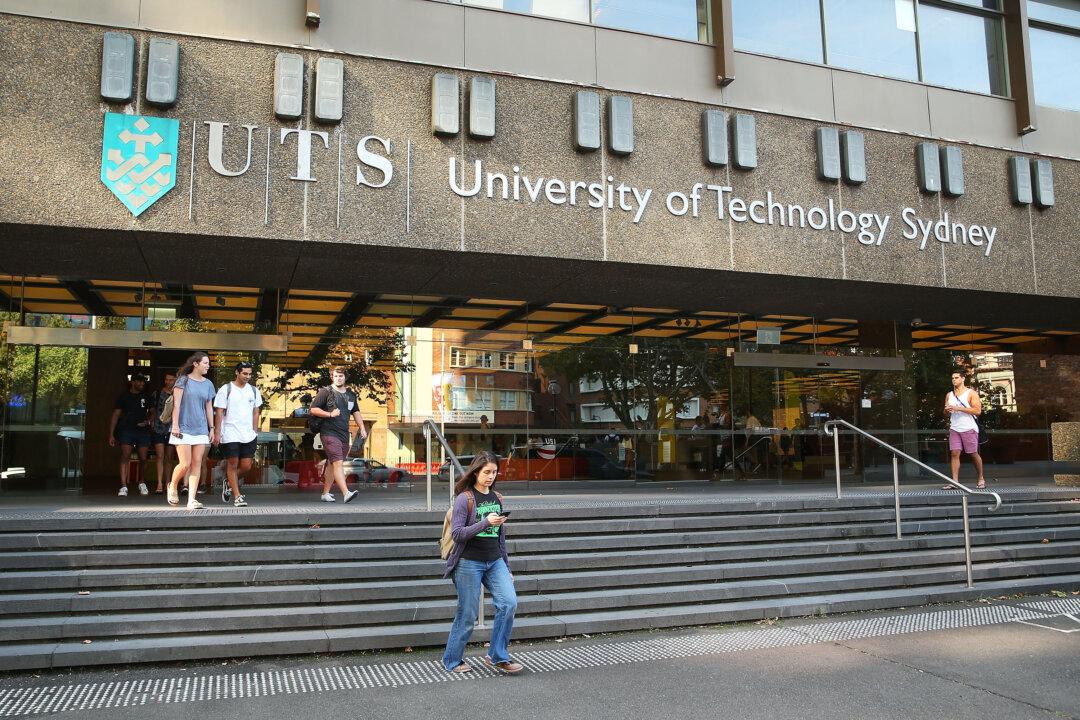The Australian government has strengthened regulation around international education providers amid an ongoing crackdown on the industry.
On Oct. 2, the federal Labor government announced measures to tighten loopholes in the country’s migration laws that it says have been exploited by educational institutions and agents.





